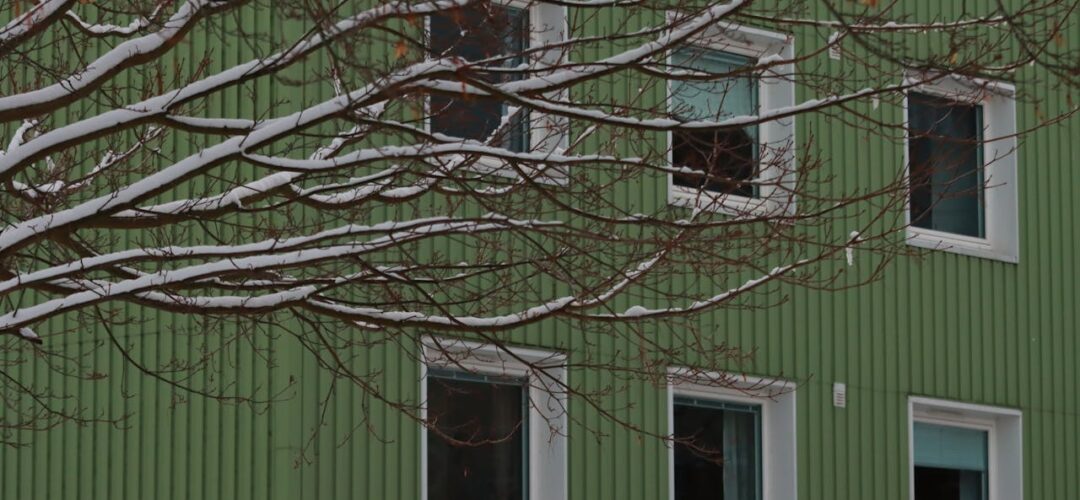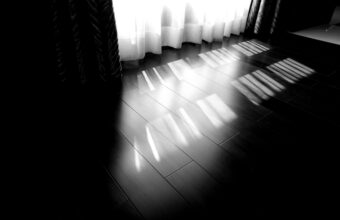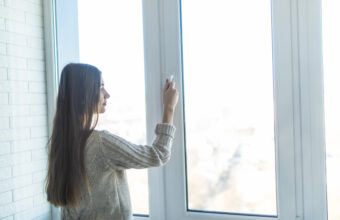Solar screens are a popular choice among homeowners seeking to enhance energy efficiency and comfort in their homes. Concerns about whether solar screens darken indoor spaces often arise.
- Understanding Solar Screens
- Solar screens are mesh-like window coverings made of specialized materials designed to block heat and UV rays from entering the home.
- Unlike traditional window treatments like curtains or blinds, solar screens offer heat reduction benefits while allowing natural light to filter through.
- The Effect on Indoor Lighting
- While solar screens are designed to reduce heat and glare, they do not significantly darken indoor spaces.
- Solar screens come in varying levels of openness, which determines the amount of light transmission and visibility. Higher openness percentages allow more light to pass through, maintaining a bright and airy feel indoors.
- Balancing Privacy and Light
- Solar screens provide privacy during the day by limiting the view into your home from the outside while still allowing you to enjoy outward views.
- At night, when indoor lighting is typically used, the effect of solar screens on visibility is minimal, especially with proper interior lighting.
- Maximizing Natural Light
- To maximize natural light while enjoying the benefits of solar screens, consider choosing screens with higher openness percentages.
- Positioning furniture and decor strategically can also help optimize natural light flow throughout your home.
Solar screens offer an effective solution for reducing heat and UV rays without compromising natural light in your home. With their ability to provide energy savings and enhance indoor comfort, solar screens are a valuable addition to any home. By understanding their impact on indoor lighting and choosing the right openness percentage, you can enjoy the benefits of solar screens while maintaining a bright and inviting living space.






